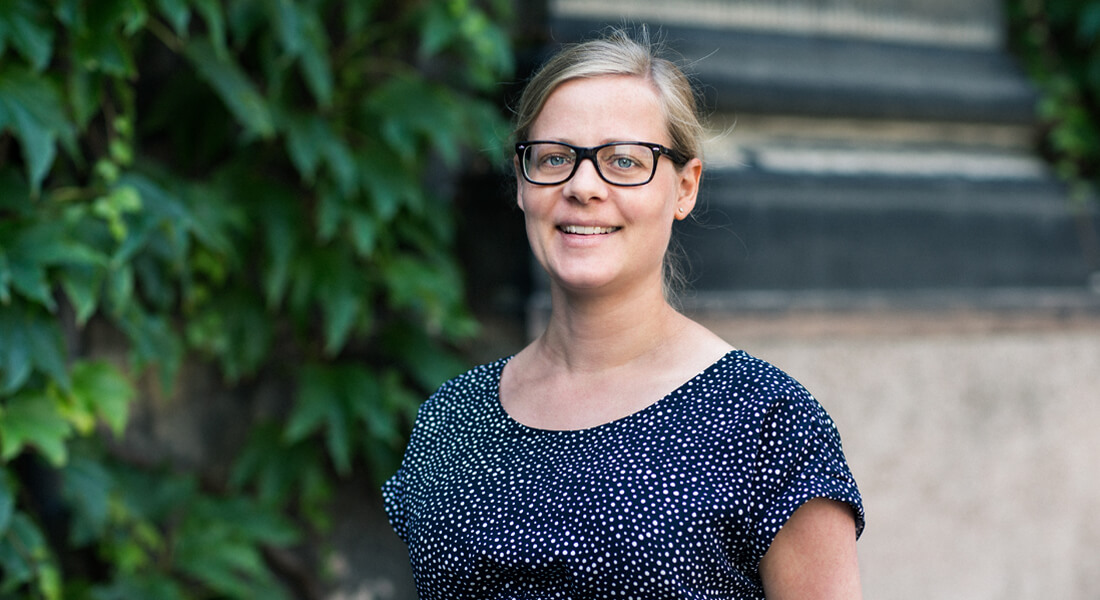Student mobility triples within 4EU+ university alliance
4EU+ was established in response to the European Commission's call to strengthen university collaboration across borders. In 2019, 4EU+ was selected by the European Commission as a pilot in the new Erasmus+ action ‘European Universities’. Today, the shared commitment to collaborate intensively on research, education and administration has become tangible for both students and staff.
For Kathrine Bruun Funch, 4EU+ Programme Coordinator at the University of Copenhagen, a clear effect of the 4EU+ mobility programme and the shared commitment to collaborate, is the significant increase in mobilities between the 4EU+ member universities. Numbers have tripled compared to Erasmus+ mobilities between the same universities in past years.
An important factor behind the increased mobility is the format of the 4EU+ agreements. They are university-wide and involve a broad spectrum of faculties and departments in contrast to the department-specific Erasmus agreements. An example is the UCPH agreement with the University of Milan, explains Kathrine Bruun Funch, which has gone from being a single departmental Erasmus agreement with restricted eligibility to a 4EU+ university-wide agreement with more mobility options. As a result, student mobility between Milan and Copenhagen has grown significantly in 2021-22, and the University of Milan has become one the most desired 4EU+ study destinations amongst students from all faculties at UCPH.

As Prorector Bente Stallknecht says, “the explicit ambition behind 4EU+ is to take international university collaboration and co-creation to the next level.” A collaboration that “should be comprehensive, covering all missions of a university, and unlocking synergies and true transformation of how we do things in our daily university business.”
Unlocking collaborative synergies
While 4EU+ gives UCPH students access to a wide range of Educational Projects , 4EU+ course offerings and MOOCs, there is one project in particular that seems to embody the unlocking of collaborative synergies envisioned by 4EU+: The Urban Health Case Challenge.
Created and initiated by UCPH in 2016 as a yearly Global Health Case Challenge, the format and structure of the course was successfully adapted into a 4EU+ Urban Health Case Challenge (UHCC) in 2020 – with the aim of addressing the many urban changes in relation to health and demographic transformation in our growing urban environments. With a multidisciplinary team and special focus on community resilience in times of the pandemic, the 2020 UHCC invited students to solve a real-world urban challenge together with 70 students from eight different universities across Europe.
The focus of the 2021 4EU+ UHCC was mental health, but the trans-institutional format, the multidisciplinary approach and the core premise of creating a space for innovation and active student involvement remained the same.
As such, the 4EU+ UHCC is an example of what 4EU+ and the European University Action is also about: Making space for alternative course offerings, creativity and synergy through mobility and cooperation.
By Alexandra Osorio Brito and Sara Dinesen
4EU+
The 4EU+ Alliance initially consisted of four universities: Charles University (Czech Republic), Heidelberg University (Germany), Sorbonne University (France) and the University of Warsaw (Poland). In 2018, the University of Copenhagen and the University of Milan (Italy) were invited to join 4EU+.
